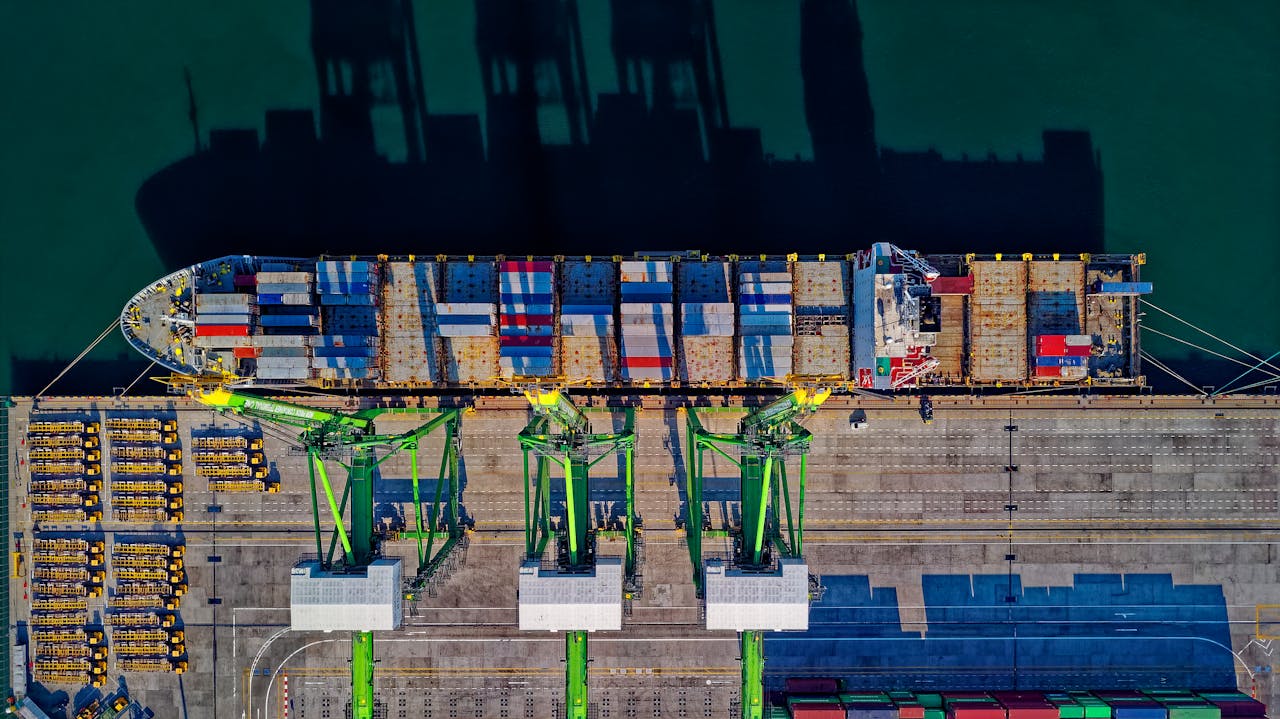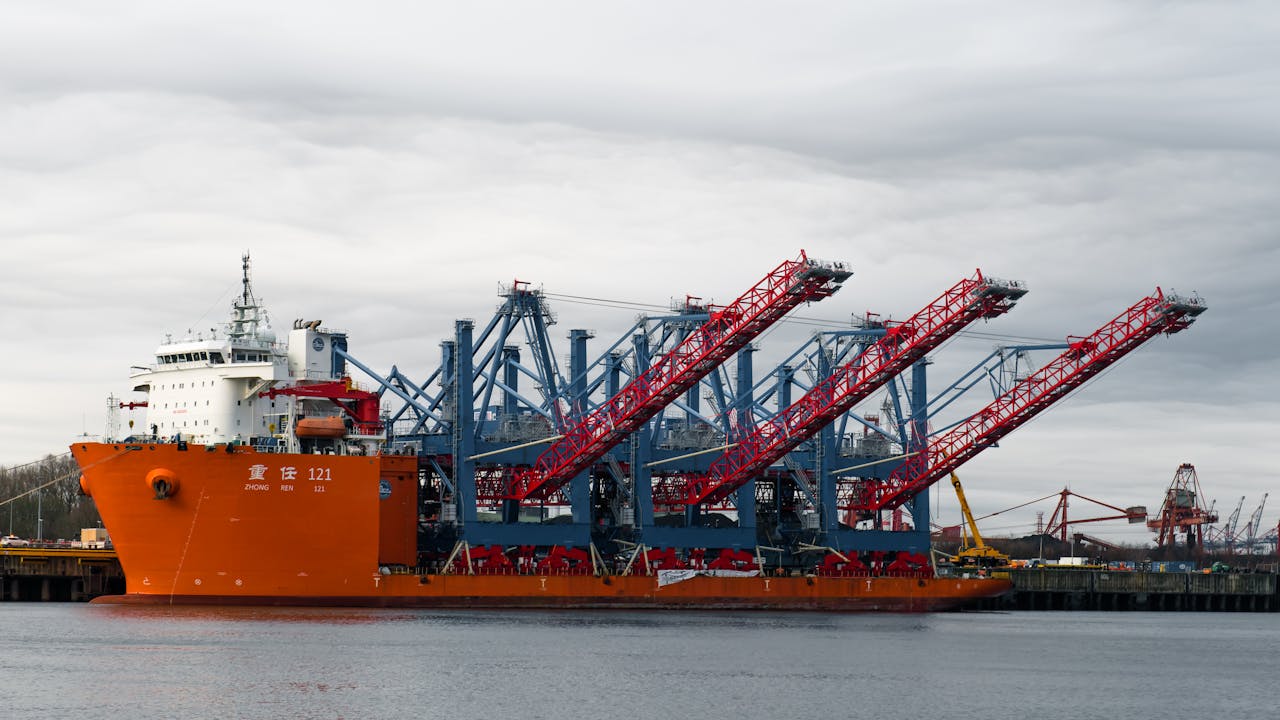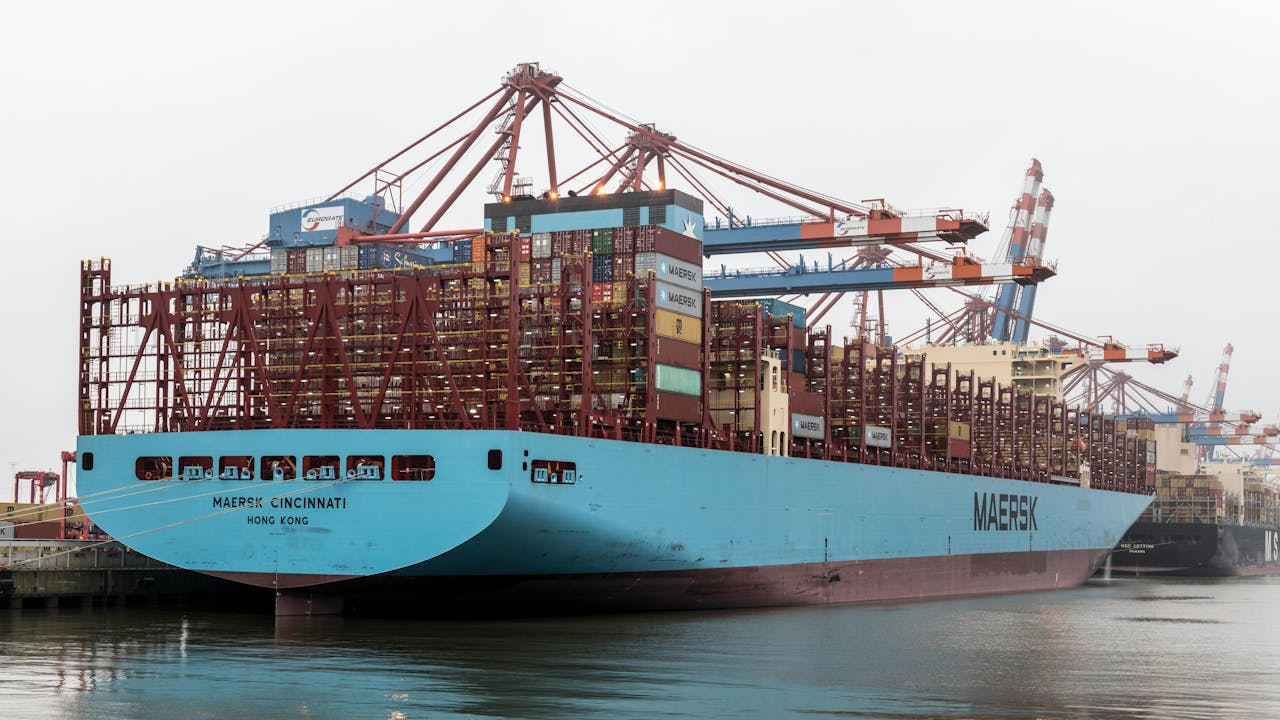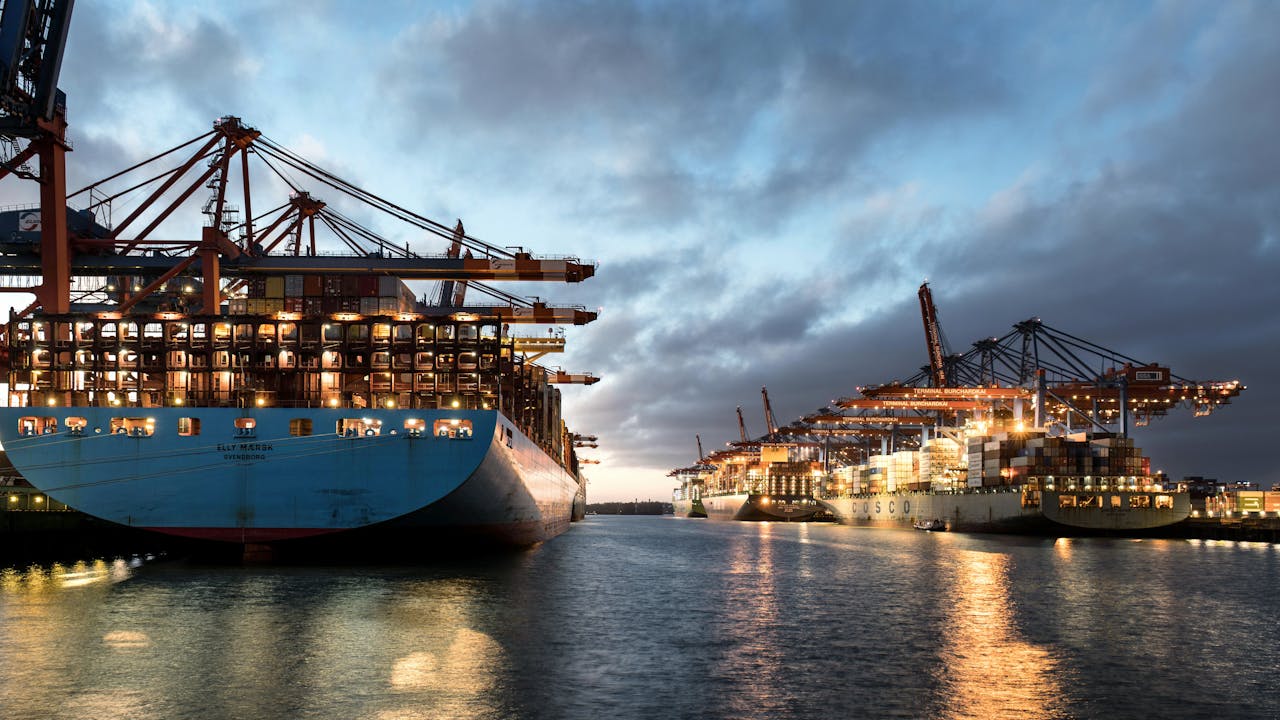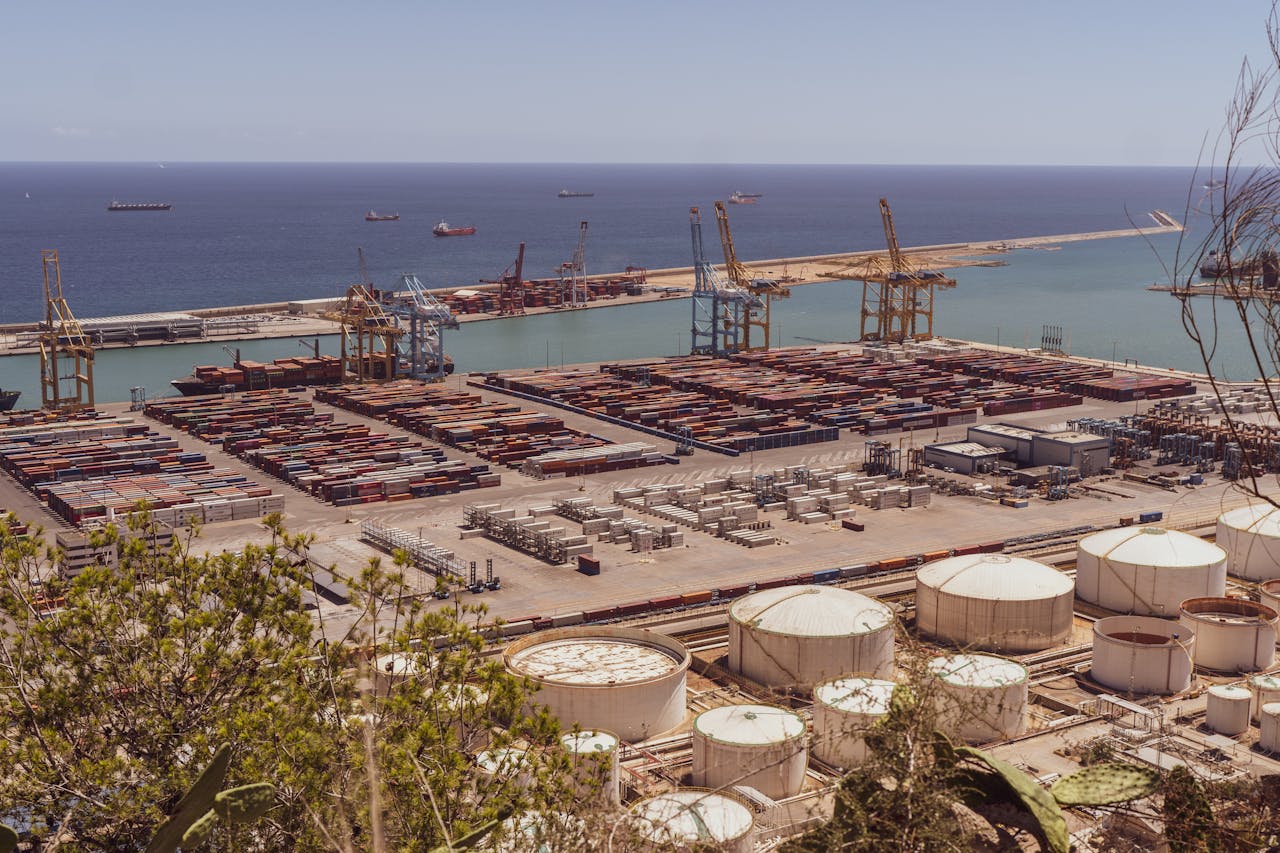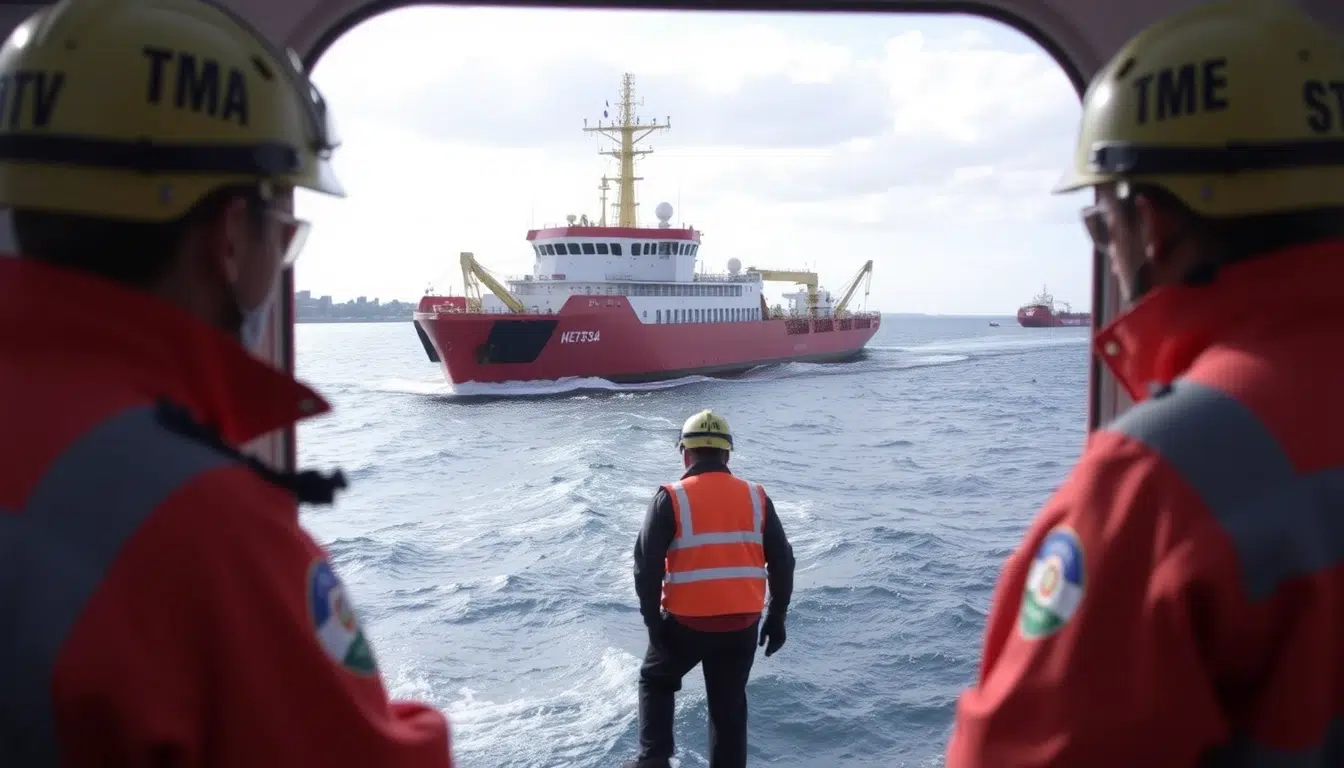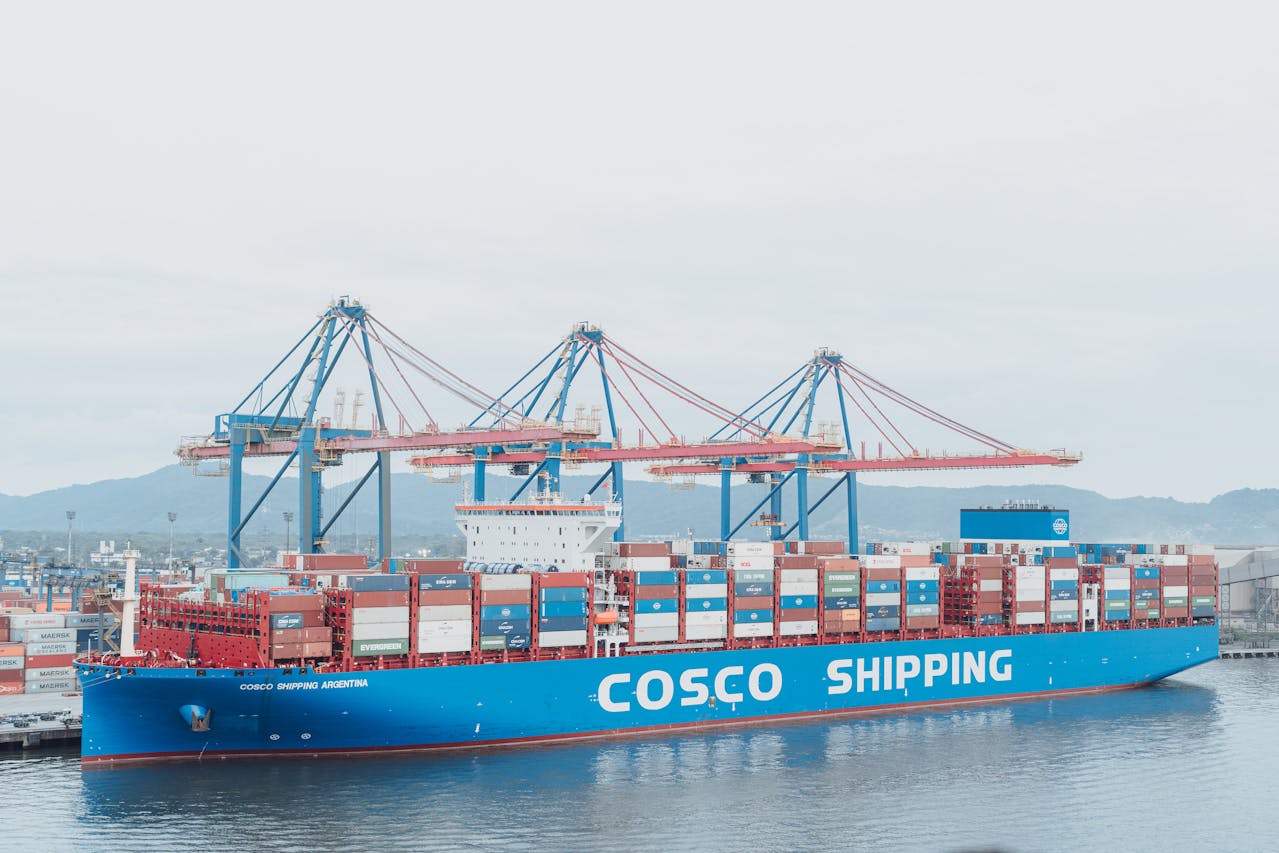Mini MBA in Maritime and Logistics Management
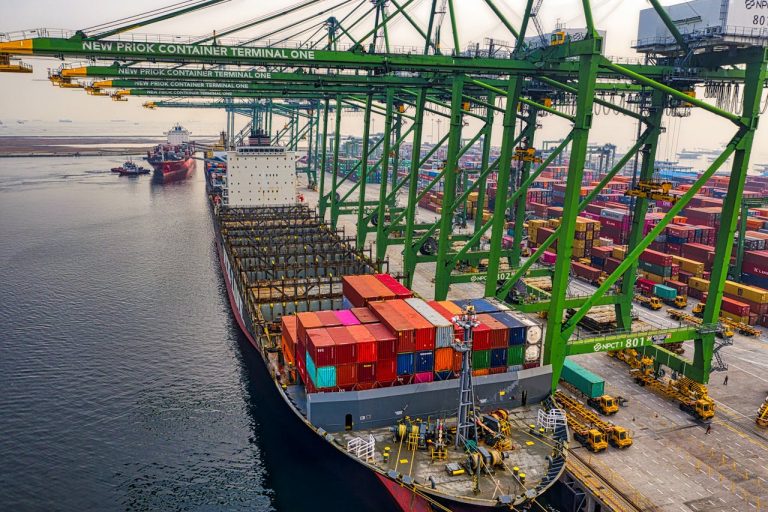
| No upcoming Schedule available for this course. | Register |
|---|---|
| Take control of your schedule! Choose your preferred dates and locations. click the register button. | Register |
| Date | Venue | Duration | Fees (USD) | Register |
|---|---|---|---|---|
| 17 Nov - 19 Nov, 2025 | London | 5 Days | $6305 | Register → |
| 15 Dec - 26 Dec, 2025 | Cape Town | 10 Days | $11085 | Register → |
Did you know that the maritime and logistics industry is rapidly evolving, with technological innovations like blockchain and IoT transforming operations, and sustainability becoming a key focus to meet environmental regulations and customer expectations?
Course Overview
The Mini MBA in Maritime and Logistics Management by Alpha Learning Centre is meticulously designed to equip professionals with essential skills in strategic management, global logistics ecosystem understanding, and leadership development. This course focuses on how professionals can effectively apply financial and market analysis, manage complex logistics operations, and spearhead innovation in maritime logistics to ensure comprehensive leadership in modern maritime environments.
Why Select This Training Course?
Selecting this Mini MBA in Maritime and Logistics Management offers numerous advantages for professionals involved in maritime and logistics management. Participants will gain advanced knowledge of maritime strategy, financial management, and operations management. The course provides hands-on experience with industry-standard logistics simulations and real-world case studies, enabling attendees to optimise their maritime logistics strategies effectively.
For organisations, investing in this training enhances overall operational efficiency and ensures better alignment with global logistics standards. Research indicates that implementing comprehensive maritime logistics frameworks results in enhanced ability to manage complex supply chain processes and improve customer satisfaction. According to industry experts, maritime logistics is not merely a logistical challenge but a strategic imperative that drives business success by enhancing operational efficiency, reducing costs, and improving supply chain reliability.
For individuals who complete this course will benefit from enhanced career prospects as they become more valuable assets in their respective fields. Studies indicate that professionals with maritime logistics expertise can significantly improve their career trajectory as understanding maritime strategy and logistics positions individuals as specialists in a high-demand field.
Transform your maritime logistics capabilities – Register now for this critical advanced training programme!
Who Should Attend?
This Mini MBA in Maritime and Logistics Management is suitable for:
- Mid to senior-level managers in maritime and logistics
- Entrepreneurs looking to start or expand in maritime businesses
- Professionals from non-maritime backgrounds transitioning to logistics
- Consultants aiming to specialise in maritime logistics strategy
What are the Training Goals?
This Mini MBA program aims to:
- Equip participants with strategic management skills tailored for maritime logistics
- Foster a deep understanding of the global logistics ecosystem
- Enhance decision-making capabilities through financial and market analysis
- Develop leadership skills for managing complex logistics operations
- Prepare executives to spearhead innovation in maritime logistics
How will this Training Course be Presented?
The Mini MBA in Maritime and Logistics Management delivers comprehensive, hands-on training through proven methodologies designed to maximise learning outcomes and practical skill development. Our expert instructors employ the following methods:
- Interactive case studies of maritime business scenarios
- Simulations of logistics network management
- Executive workshops for strategic planning
- Expert talks on industry trends
- Peer-led discussions for strategic insights
Each delivery method is carefully integrated to ensure participants gain both theoretical knowledge and practical experience. The course structure promotes active engagement and real-world application, allowing participants to develop crucial analytical and strategic skills within a supportive learning environment.
Join us to experience this dynamic and effective learning approach – Register now to secure your place!
Course Syllabus
Module 1: Maritime Strategy and Global Logistics
- Strategic planning in a volatile maritime environment
- Supply chain integration from sea to hinterland
- Global trade patterns and their impact on logistics strategy
- Competitive positioning of maritime enterprises
- Network design and optimisation in maritime logistics
Module 2: Financial Management for Maritime Enterprises
- Financial analysis specific to shipping and port operations
- Investment appraisal for maritime projects
- Cost management and profitability in logistics
- Understanding and managing maritime risks
- Financial strategies for sustainability and growth
Module 3: Operations Management in Shipping
- Lean operations and efficiency in maritime logistics
- Vessel management and optimisation
- Terminal and port operations management
- Performance metrics for logistics operations
- Innovations in shipping operations and cargo handling
Module 4: Legal and Regulatory Environment
- International maritime law and regulations
- Compliance with environmental and safety standards
- Contract law in shipping and logistics
- Dispute resolution in maritime contexts
- Navigating trade and customs regulations
Module 5: Leadership and Organizational Behavior
- Leadership styles effective in maritime contexts
- Change management in logistics organisations
- Team dynamics and conflict resolution
- Cultural intelligence for global operations
- Developing a strategic vision for the organisation
Module 6: Marketing and Customer Relationships
- Marketing strategies for maritime services
- Customer segmentation and value proposition in logistics
- Building and maintaining strategic partnerships
- Service innovation and differentiation in shipping
- Branding in the maritime industry
Module 7: Technology and Innovation in Logistics
- Digital transformation in maritime logistics
- Blockchain, IoT, and AI applications in shipping
- Cybersecurity in port and shipping operations
- Automation and its effects on labor and operations
- Future tech trends in logistics management
Module 8: Sustainability in Maritime Logistics
- Sustainable practices in shipping and port operations
- Environmental impact assessments and management
- CSR and community engagement in maritime logistics
- Strategies for reducing emissions and waste
- Regulatory compliance with green initiatives
Module 9: Human Resource Management
- Talent acquisition and retention in maritime sectors
- Training and development for logistical excellence
- Managing diversity in multinational operations
- Performance management in dynamic environments
- Succession planning for key maritime roles
Module 10: Risk Management and Business Continuity
- Identifying and assessing risks in maritime logistics
- Crisis management and response planning
- Business continuity strategies for maritime disruptions
- Insurance and risk transfer mechanisms
- Regulatory risks and compliance strategies
Module 11: Global Trade and Economic Environment
- Understanding global trade policies and agreements
- Economic forecasting for maritime strategy
- Trade route analysis and geopolitical influences
- Currency fluctuations and their impact on logistics
- Adapting to economic cycles in shipping
Module 12: Project Management in Maritime Logistics
- Project lifecycle management for maritime initiatives
- Stakeholder engagement in project execution
- Resource allocation for logistics projects
- Risk management in project planning
- Monitoring, controlling, and closing projects effectively
Module 13: Analytics and Decision Making
- Data-driven decision making in logistics
- Advanced analytics for supply chain visibility
- Predictive modeling for demand and capacity planning
- Decision support systems in maritime logistics
- Interpreting big data for strategic insights
Training Impact
The impact of maritime logistics training is evident through various real-world case studies and data, which demonstrate the effectiveness of structured programmes in enhancing operational efficiency and supply chain reliability.
Research indicates that professionals with strong maritime logistics skills can significantly improve organisational outcomes. According to industry experts, companies that implement robust logistics management systems experience tangible benefits including improved supply chain efficiency, reduced operational costs, and enhanced customer satisfaction. By leveraging advanced technologies like digitalisation and automation, organisations can identify areas for improvement, implement corrective actions, and maintain a competitive edge in the global logistics market.
These case studies highlight the tangible benefits of implementing advanced maritime logistics techniques:
- Improved operational efficiency through streamlined logistics processes
- Enhanced supply chain reliability through effective management
- Increased competitiveness through strategic innovation
- Strengthened compliance with global logistics standards
By investing in this advanced training, organisations can expect to see:
- Significant improvement in logistics operations efficiency
- Improved ability to handle complex supply chain challenges
- Enhanced decision-making capabilities through strategic insights
- Increased competitiveness through comprehensive maritime logistics strategies
Transform your career and organisational performance – Enrol now to master Mini MBA in Maritime and Logistics Management!


